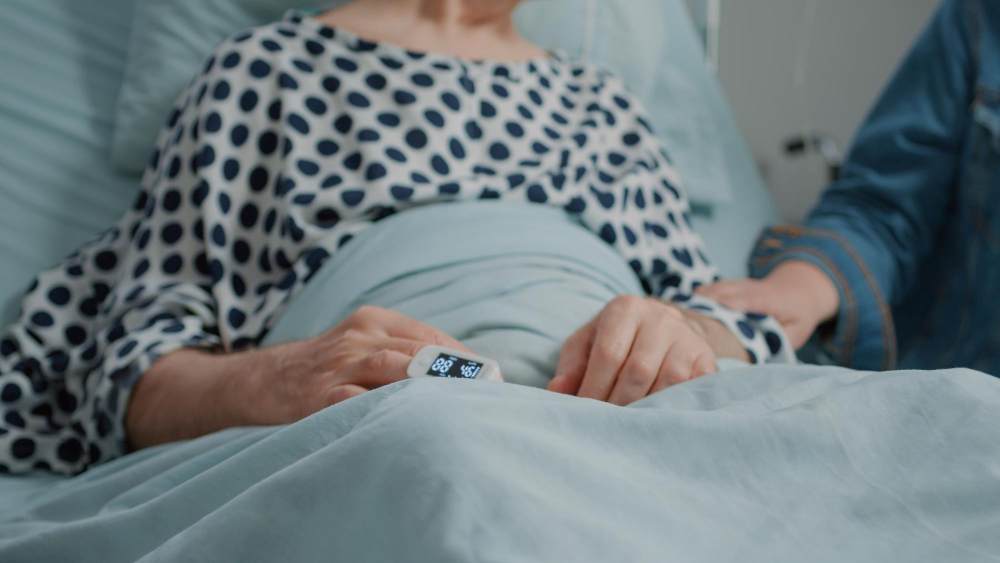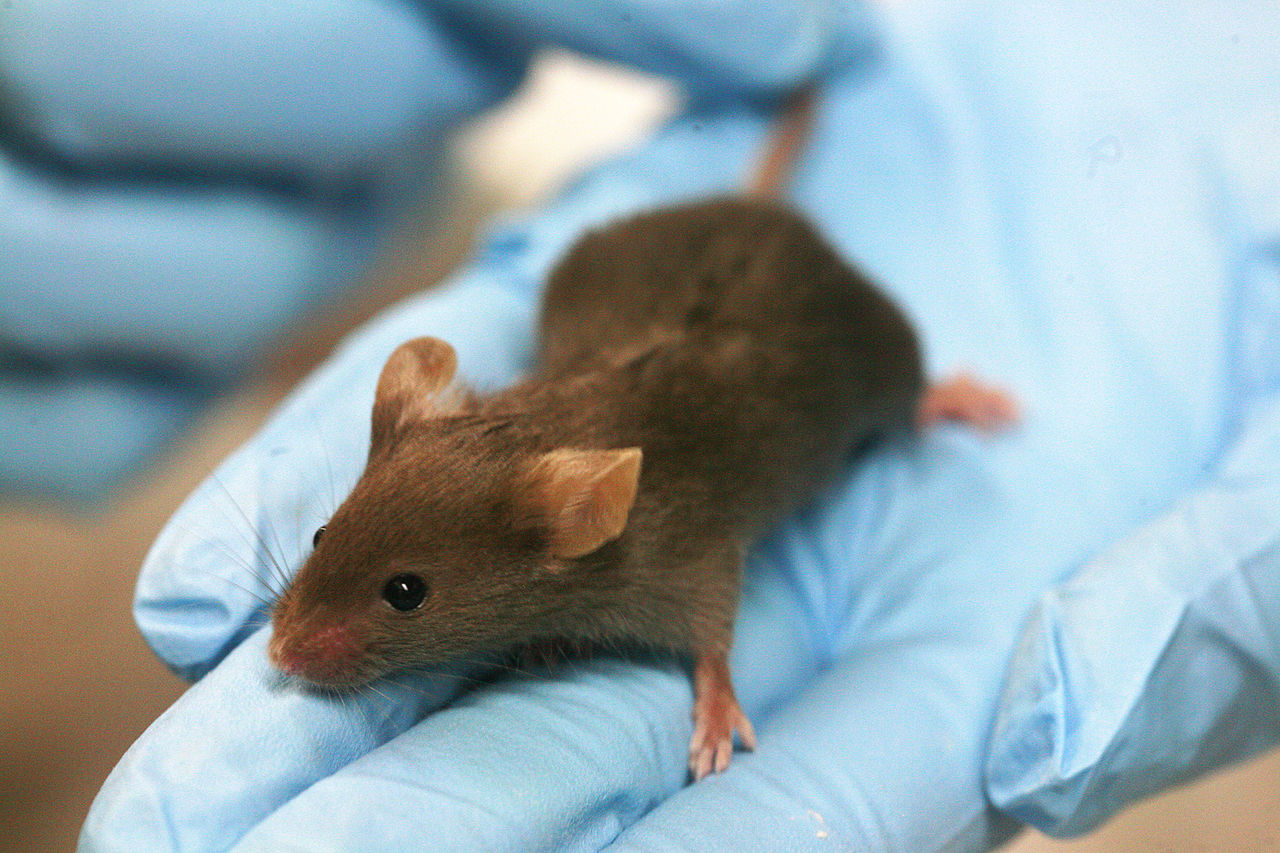The mental health of young people has worsened in the last two decades
The mental health of young people has deteriorated over the last two decades and is entering a dangerous phase, according to a new Commission by The Lancet Psychiatry. Several global factors are involved, including inaction on climate change, intergenerational inequality, and adversity linked to the COVID-19 pandemic.









